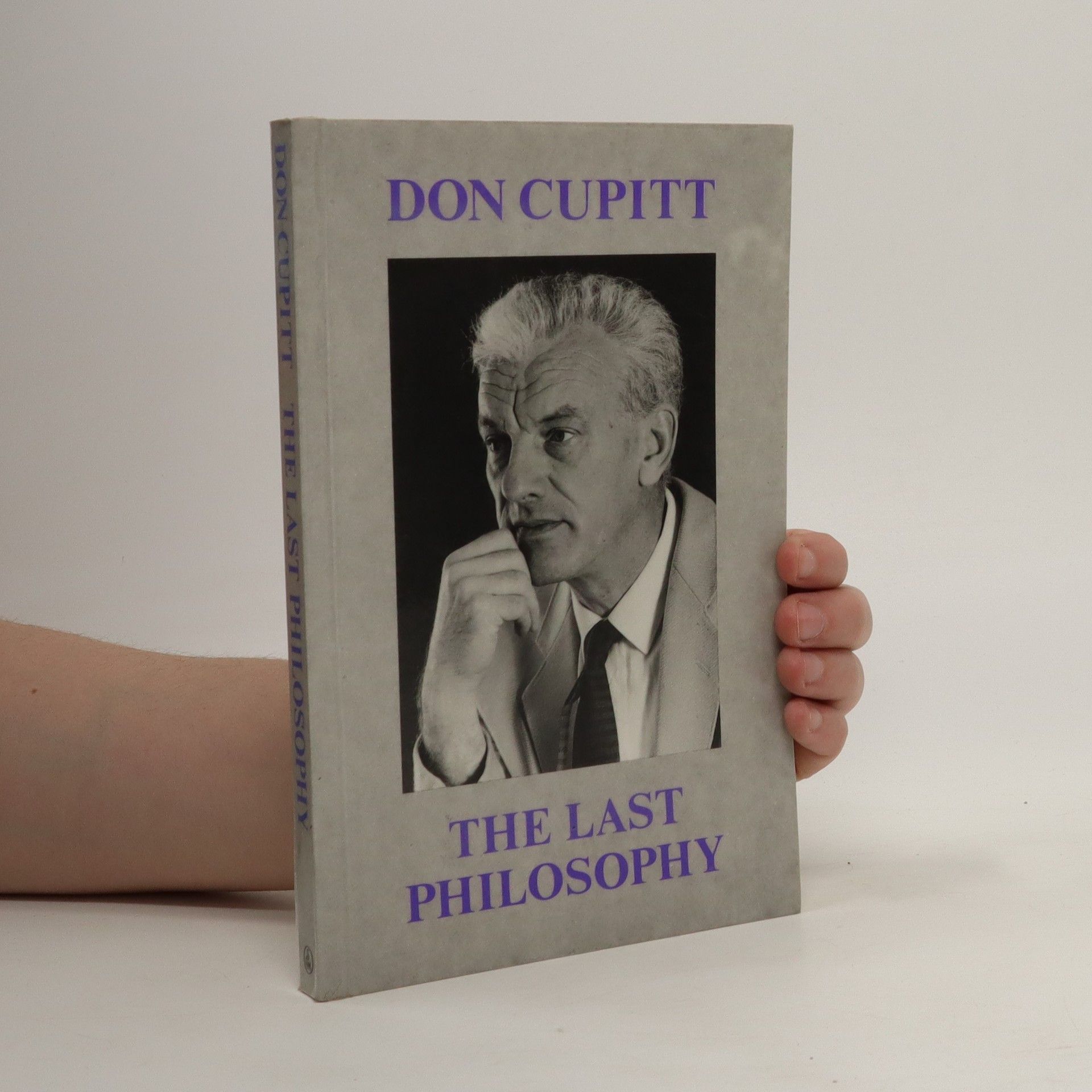The Last Philosophy
- 160 pages
- 6 hours of reading
In this new book, for the first time Don Cupitt sets out his own systematic philosophy of life. He is reviving an old how far in the direction of religious belief, and eternal happiness, is it possible to go on the basis of reason alone? His 'expressionist' philosophy leads him to conclusions that are both very startling and more positive than his critics might expect, and in an Appendix he sketches their theological corollaries. In effect, he is providing the new 'ultralight' Christian humanism with its philosophical background and its world view.

